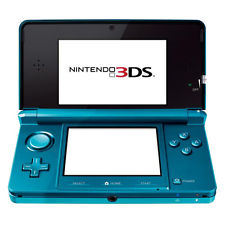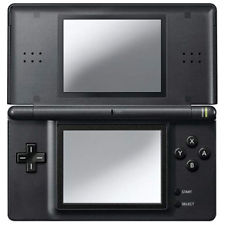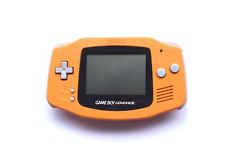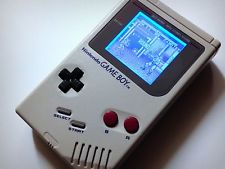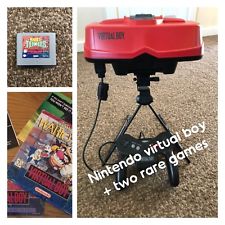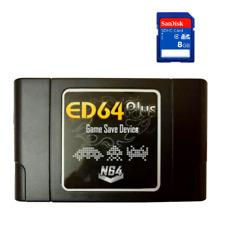|
April 4th, 2009, 18:28 Posted By: wraggster
Illegal copying of game software for the Nintendo DS, an internationally popular portable handheld video gaming device, is rampant in South Korea, with local authorities yet to take effective countermeasures to combat the problem.
In South Korea, the Nintendo DS, produced by Japan's Nintendo Co. sold 2 million units over the two years beginning in 2007. The phenomenon has prompted South Korean President Lee Myung Bak to publicly urge domestic manufacturers to develop similar big-hit commercial products, saying, "Can't we create something like Nintendo's?"
"DS has gotten devoured by illegal software," says a South Korean manager of a game shop in the Yongsan area of Seoul, which is known as the country's most well-known electronics district.
The store sells only five official Nintendo DS software cartridges per month, but it sells 20 to 50 memory cards that can be used to illegally copy Nintendo software.
According to the shop manager, many customers who bought the memory cards were parents who were solicited by their children to do so. "I guess [the memory cards] have sold more than 1.4 million nationwide."
With the memory cards closely resembling official Nintendo cartridges, people can download and retain game software programs illegally distributed via the Internet without the copyright holders' permission. They can play the games by inserting the memory card into a Nintendo DS unit.
The memory card costs 50,000 won (about 3,850 yen), comparatively higher than official software priced at 20,000 won to 40,000 won (1,540-3,080 yen), but it can store about 50 game programs.
Most of the memory cards available in South Korea are imported from China, and can unlock the hand-held game player's function that prevents gamers from using copied programs.
Estimating that each of the 1.4 million memory cards believed to have been distributed in South Korea have been used to download 50 game software programs--each priced at 40,000 won, the loss to copyright holders would total 2.8 trillion won, or 210 billion yen.
Carrying the memory card is lucrative for game shops, too, the Seoul store manager said. Selling the memory card provides him a high profit margin--about five times the 4,000 won (300 yen) he receives per sale of genuine game software.
Nintendo of Korea Co., the local subsidiary of the Japanese manufacturer, has requested South Korea's customs agency to tighten antipiracy controls.
Following the request, the agency has seized about 200,000 memory card units on suspicion of violating the nation's computer program protection law, saying the card "is effectively used for illegal copying."
Nonetheless, the authorities' actions have yet to put a dent into the overall problem.
To evade crackdowns, some game shops reportedly store the products at other electronics shops, with the original shop clerks picking up the product when they receive client orders.
According to Nintendo of Korea, illegal copying of Nintendo DS game software is also reported in Brazil, China, Hong Kong, Mexico and Spain.
Korea University Prof. Lee Dai Hie, who specializes in Internet-related law, has pointed to consumers' lack of understanding of intellectual property rights. The professor warned that leaving the illegal copying problem unresolved reduces the profits of genuine software makers and hampers software development by South Korean companies.
http://www.yomiuri.co.jp/dy/national...04TDY04303.htm
For more information and downloads, click here!
 There are 4 comments - Join In and Discuss Here There are 4 comments - Join In and Discuss Here
|
|
 NES
NES





